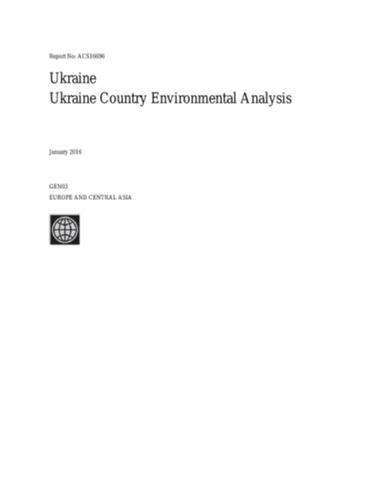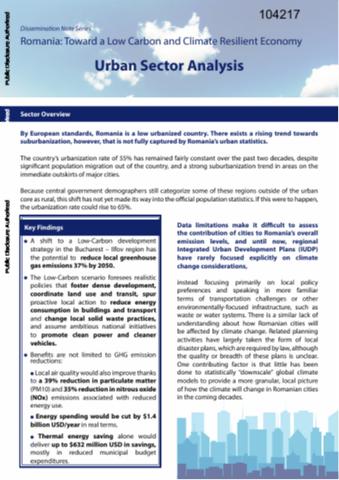The World Bank is a vital source of financial and technical assistance to developing countries around the world. We are not a bank in the ordinary sense but a unique partnership to reduce poverty and support development. The World Bank Group has two ambitious goals: End extreme poverty within a generation and boost shared prosperity.
- To end extreme poverty, the Bank's goal is to decrease the percentage of people living on less than $1.25 a day to no more than 3% by 2030.
- To promote shared prosperity, the goal is to promote income growth of the bottom 40% of the population in each country.
The World Bank Group comprises five institutions managed by their member countries.
The World Bank Group and Land: Working to protect the rights of existing land users and to help secure benefits for smallholder farmers
The World Bank (IBRD and IDA) interacts primarily with governments to increase agricultural productivity, strengthen land tenure policies and improve land governance. More than 90% of the World Bank’s agriculture portfolio focuses on the productivity and access to markets by small holder farmers. Ten percent of our projects focus on the governance of land tenure.
Similarly, investments by the International Finance Corporation (IFC), the World Bank Group’s private sector arm, including those in larger scale enterprises, overwhelmingly support smallholder farmers through improved access to finance, inputs and markets, and as direct suppliers. IFC invests in environmentally and socially sustainable private enterprises in all parts of the value chain (inputs such as irrigation and fertilizers, primary production, processing, transport and storage, traders, and risk management facilities including weather/crop insurance, warehouse financing, etc
For more information, visit the World Bank Group and land and food security (https://www.worldbank.org/en/topic/agriculture/brief/land-and-food-security1
Resources
Displaying 521 - 525 of 4907Cadre d’analyse de la gouvernance foncière de Côte d’Ivoire
Date : 2016
Source : Foncier & Développement
Par : Georges Kouame | Banque Mondiale
Le Cadre d’analyse de la gouvernance foncière est un outil élaboré en 2011 par la Banque mondiale dans le cadre d’un partenariat avec la FAO, l’ONU-Habitat, le FIDA, l’IFPRI, l’Union Africaine et des Agences de développement bilatérales.
Ukraine Country Environmental Analysis
The objective of the Country Environmental Analysis (CEA) is to assess the adequacy and performance of the policy, legal, and institutional framework for environmental management in Ukraine, in light of the decentralization process of environmental governance and wider reform objectives, and to provide recommendations to government to address the key gaps identified. Ukraine is the second largest country in Europe and has a population of 43 million, the majority of whom live in urban areas.
Romania Toward a Low Carbon and Climate Resilient Economy
By European standards, Romania is a low urbanized country. There exists a rising trend towards suburbanization, however, that is not fully captured by Romania’s urban statistics. The country’s urbanization rate of 55 percent has remained fairly constant over the past two decades, despite significant population migration out of the country, and a strong suburbanization trend in areas on the immediate outskirts of major cities.
What Have We Learned about Household Biomass Cooking in Central America?
Twenty million people in Central America
cook with biomass using open fires or rudimentary stoves.
The number of people using biomass for cooking in the region
will remain significant for a long time due to high
incidence of poverty, high Liquid Petroleum Gas (LPG) prices
coupled with unsustainable LPG subsidies, as well as
relatively easy access to fuel wood in the region. Providing
these people with clean and efficient cooking solutions is
Being a Women in Cote d'Ivoire
In Africa, women are subjected to
discriminatory practices that keep them in a vulnerable
situation. Their limited access to land, in a continent
where the majority of the population depends on agriculture,
reduces their access to credit and their capacity to
undertake sustainable economic activities to generate
income. They hold only 18 percent of agricultural lands and
are not better off in administrations. In Cote








